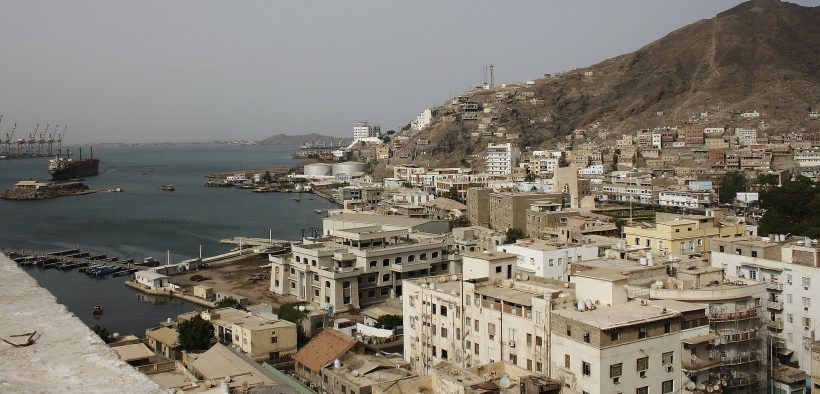Yemeni Government Seeks Peace Deal In Key Port City

Peace in the Hodieda, according to officials, will help facilitate humanitarian efforts by providing a safe corridor in the port city.
In an effort to accelerate implementation of the Hodieda deal, a ceasefire in the port city of Hodieda, the government of Yemen asked UN observers in the country to enforce a sustainable deal between the allegedly Iran-linked Houthi militant group and the Yemeni government under the auspices of United Nations.
The Yemeni government’s request came on the sideline of a two-day meeting of the UN-led redeployment coordination committee with representatives of both the Hauthis and the Yemeni government.
The UN’s mission in Hodieda, led by General Abhijit Goha, was briefed to Yemeni government officials on the significance of reaching a sustainable peace in the city.
Peace in the Hodieda, according to those officials, will help facilitate humanitarian efforts by providing a safe corridor in the port city.
Spokesperson for the Yemeni government’s forces in the Western Coast, Wadah Aldabeesh, was quoted by the Gulf News as saying, “the government of Yemen voices out its sorrow for the continued siege imposed by the Hauthi militias on the UN’s mission, as well as the Hauthis breaches of the peace deal.”
Aldabeesh was also reported as demanding the UN observers to monitor the Hauthis’ violations of the peace deal on the ground.
The Hodieda is considered to be a key port city through which most of Yemen’s imports and exports, as well as humanitarian aid, passes.
The internal conflict in Yemen has been escalating since 2014, but the UN was able to bring together Yemeni government representatives and Hauthi leaders over a ceasefire deal in Hodieda. A peace deal was signed in December 2018 in the Swedish capital of Stockholm.
The Yemen War
Over the last four years, the Yemen war has claimed tens of thousands of lives, as air strikes by the Saudi-led coalition bombed civilian targets ranging from school buses to wedding ceremonies.
The allies of Saudi Arabia – including the U.S., United Kingdom and Israel – have provided the coalition not only with funds and weapons but also with crucial technical assistance required to carry out precision airstrikes.
Additionally, 80% of Yemen’s population is in dire need of humanitarian assistance, with millions on the brink of starvation.
Fighting in Yemen began five years ago when Houthi rebels took control of large parts of the country, including the capital Sanaa, in late 2014. Mass protests and the Houthi rebel group forced the internationally recognized government of President Abdrabbuh Mansur Hadi from power in 2015. Hadi is now reportedly residing in Riyadh, Saudi Arabia.
The civil war has its roots in the 2011 Arab Spring, which led to a 2011 Yemen uprising that eventually forced the end of the 32-year-long regime of Yemen’s late president, Ali Abdullah Saleh. The uprising grew into a military conflict in 2014 and has since caused the death of thousands of people and the displacement of hundreds of thousands more.







